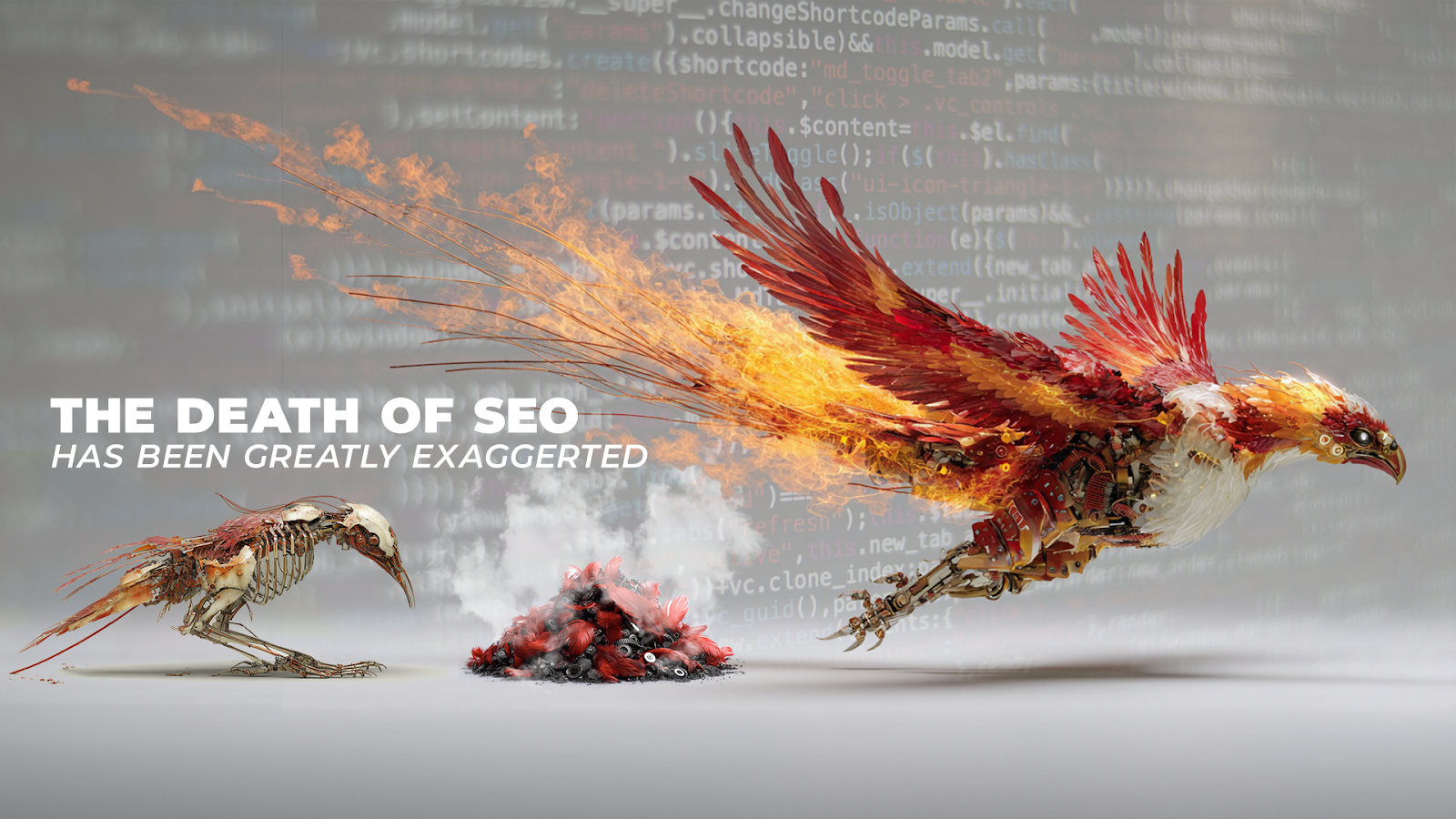The relationship between IQ and the ascent of artificial intelligence is reshaping socioeconomic dynamics. There are problems emerging, solutions lurking, and uncertainty settling in.
What does IQ predict, exactly?
Health, longevity, educational success, income potential, resistance to stress and its long-term effects – to name a few. These are not just numbers on a scale but factors that significantly influence one’s outcome in life. Yet, for approximately 15% of the population with an IQ of 85 or below, the prospects are grim, slim, and dim. For starters, there simply aren’t a lot of jobs for this IQ bracket. This stark reality was a growing issue BEFORE the most recent tech boom being fueled by A.I.
It’s an imposing problem, and it’s something society is not addressing. Despite the growing awareness of the implications of IQ disparities in the job market, concrete solutions remain elusive. While the current models are not yet adept at understanding and interpreting complex ideas such as context, tone, multiple meanings, ambiguity, and nuance, some studies suggest we are less than 5 years away from another technological leap. Some AI systems are already using natural language processing (NLP) techniques, which allow them to analyze and understand human language in a more human-like way. NLP algorithms can identify patterns and relationships in language and use them to make inferences about the meaning of words and phrases. This means it will eventually affect higher IQ brackets and therefore larger populations.
So what does this mean? In short, as AI systems advance, the demand for cognitive power continues to escalate. The insulation thickens as we move further up the IQ scale, echoing the disparities in opportunities, outcomes, and the thickness of axons on the neurons of higher IQ brains. In the end, human capital holds greater significance than physical capital in fostering long-term economic progress. So, the rise of automation, while it should be celebrated for its potential to streamline processes and enhance productivity, threatens to widen the gap between those equipped to thrive in the digital age and those left behind, trapped in a cycle of economic insecurity.
So what do we do? We have to stop the exacerbation of social and economic inequalities, so the urgency of inclusive solutions cannot be overstated. Universal Basic Income (UBI), once scoffed at as a government hand out, may become a necessity, offering a glimpse of hope amidst uncertainty. However, the acceptance of UBI faces significant hurdles. Despite its potential to mitigate the adverse effects of job displacement, skepticism persists, particularly concerning affordability and sustainability. Yet, as the challenges posed by automation and IQ disparities become increasingly apparent, the need for bold and innovative solutions becomes more urgent than ever. Can more money be dedicated to Public Education? Though funding has generally increased since the 1990s, overall progressivity has largely been flat. The US puts 12.7% of public funding towards education but this is well below the international standard of 15%. What’s worse is that conventional wisdom suggests that school funding also remains unequal across low vs high income schools – another issue entirely.
So do we care? A lack of popular solutions, combined with new tech that threatens a large range of IQ brackets, are looming large over the future economy. As we navigate these complex issues, it’s essential to foster dialogue, explore innovative solutions, and advocate for policies that promote social and economic justice. This will likely be the political issue of the next generation. Together, let us rise to the occasion and address these issues – our collective future depends on it.





